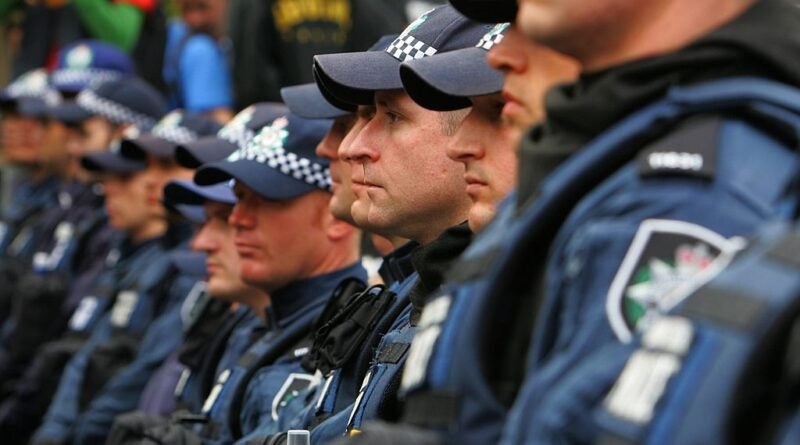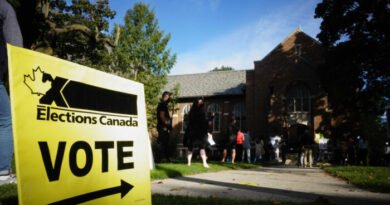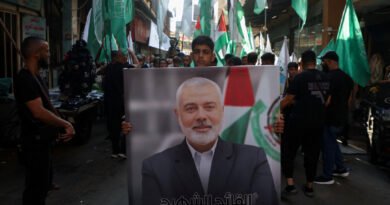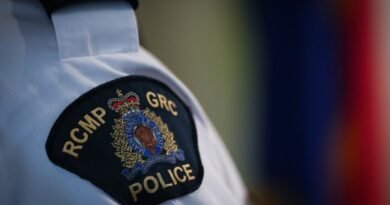Australia will play a major role in Pacific Policing Initiative
Despite misgivings by some countries as to how it will be perceived by Beijing, the Pacific Islands Forum has signed on to Australia’s Pacific Policing plan.
Australian Prime Minister Anthony Albanese said the Pacific Islands Forum leaders meeting had endorsed the Pacific policing initiative. The initiative will create up to four regional training centres and establish a multinational crisis reaction force.
“It was a major objective that we had from this Pacific Island Forum meeting. This demonstrates how Pacific leaders are working together to shape the future that we wanted to see,” he said.
“The first task of an international leader is to look after the security and safety of our residents, and that is what this is about. Making sure that by working together, the security of the entire region will be much stronger and will be looked after by ourselves.”
He explained that the plan had three pillars.
First, the four regional police training centres in different Pacific nations would “undertake specialist police training and support.”
Second, a police support group comprising a “trained pool of officers from multiple Pacific countries” would be established, “ready to deploy in response to requests for assistance to major events or to provide support in times of crisis.”
Third, a policing development and coordination hub will be hosted in Brisbane, providing training and deployment preparation.
After training in Brisbane, the Pacific Police Support Group would be deployed to Pacific nations during natural disasters and other emergencies.
Some Expressed Doubts
The initiative, which will cost hundreds of millions of dollars, has concerned some Pacific leaders. They feared that it would be seen as “anti-China” when many are trying to keep both Beijing and Washington onside.
Speaking at the Forum on Aug. 27, Vanuatu Prime Minister Charlot Salwai warned that the smaller countries of the Pacific needed “to make sure that this is framed to fit our purposes and not developed to suit the geostrategic interests and geostrategic denial security postures of our big partners.”
His concerns were echoed by the Director-General of the Melanesian Spearhead Group (which includes Fiji, Papua New Guinea, Solomon Islands, and Vanuatu), Leonard Louma, who called the agreement “cryptic” and emphasised that it should benefit the countries adopting it.
The proposal was backed by Tonga’s Police Commissioner Shane McLennan, who is chairman of the Pacific Chiefs of Police, and other Pacific leaders, including Fiji’s Prime Minister Sitiveni Rabuka and Tonga’s Prime Minister Hu’akavemeiliku Siaosi Sovaleni.
Both China and the United States have sent delegations to the Forum. Beijing’s is the largest it has ever sent, while Deputy Secretary of State Kurt Campbell leads a sizeable group from the United States.



